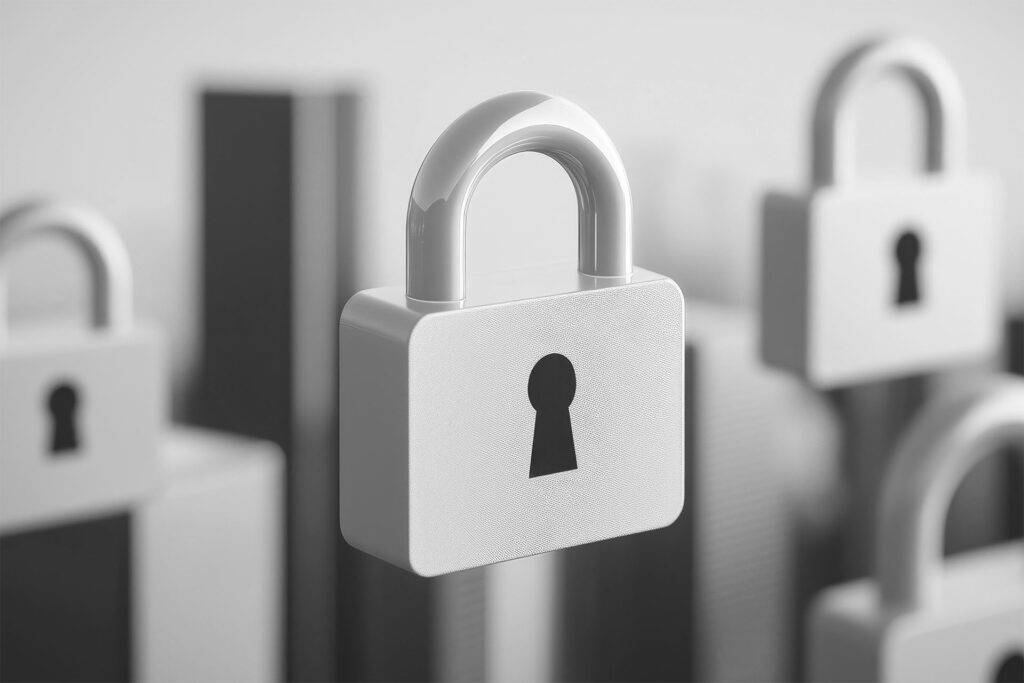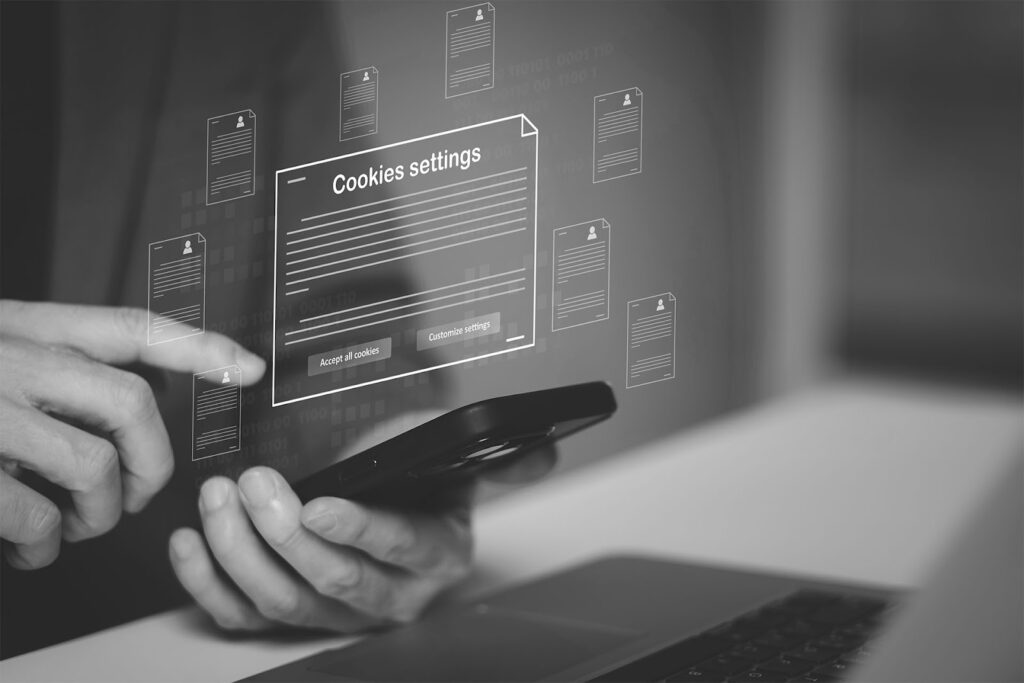With GDPR, privacy has become a hot topic for all companies. And among the acronyms that are popping up like mushrooms, "DPO" is certainly the one that captures the most attention. But who really is this mysterious personal data officer? And why is it so fundamental?
In this article, we'll reveal all the secrets of the DPO: who they are, what they do, and how they can help you manage personal data in compliance with regulations. Spoiler: having a good DPO isn't just an obligation, but also a decisive step in earning your customers' trust.
Who is the DPO?
In 2018, The European Privacy Regulation (GDPR) introduced a new figure, the DPO.
DPO stands for Data Protection Officer. It is a mandatory figure required by GDPR, charged with ensuring that an organization complies with data protection regulations.
Their task is to support the Data Controller or Data Processor in meeting the obligations imposed by the European Privacy Regulation. In practice, they monitor the privacy management system and, if necessary, work closely with supervisory authorities.
Difference between DPO and RDP
It refers to the same professional role, although identified by different acronyms: DPO stands for Data Protection Officer in English, while RPD is the equivalent acronym in Italian for Responsabile della Protezione dei Dati.
Both terms refer to the professional tasked with ensuring compliance with data protection regulations, as established by the GDPR.
What are the duties of a DPO?
The DPO is not just a consultant: they are the point of reference for everything related to privacy. Article 39 of GDPR lists in detail the duties of the Data Protection Officer (DPO), providing a clear overview of their main responsibilities in the field of personal data protection.
The DPO must:
- Monitor compliance with GDPR regulations, ensuring staff training and conducting internal audits.
- Inform and provide advice regarding obligations arising from the Regulation on Privacy and other European Union provisions relating to data protection.
- Provide advice during Data Protection Impact Assessments (DPIA), evaluating and mitigating any risks.
- Act as a point of contact with the supervisory authority (e.g., Privacy Authority) and data subjects who want to exercise their rights, such as data access or deletion.
- Train personnel on best practices in data protection.
The DPO must also take into account the risks associated with data processing and ensure that all applicable regulations are complied with.
Appointment of a DPO
When is it mandatory to appoint a DPO?
Not all companies need to appoint a DPO. Article 37 of GDPR makes it mandatory in the following cases:
- Public bodies: such as schools, hospitals, or municipalities.
- Companies that process large amounts of sensitive data: such as banks, clinics, and call centers.
- Organizations that monitor people on a large scale: for example, marketing platforms.
However, the Privacy Authority considers appointing a DPO an "advisable" choice even when it's not mandatory. In fact, during any inspections, the Data Controller must be able to demonstrate that they have evaluated the opportunity to designate a DPO and can justify any decision not to proceed with the appointment.
If you're unsure, it's always better to consult an expert to assess your specific situation.
Who appoints the DPO?
The Data Protection Officer is formally appointed by the Data Controller or, in some cases, by the Data Processor, as established by Article 37 of GDPR.
The appointment must be based on the DPO's specialist competencies in personal data protection and must be formal and documented through an official act, for example through an internal resolution or contract.
Although chosen by the Data Controller or Processor, the DPO must operate with full independence, without being subject to pressures or instructions that could influence their role in supervising and ensuring compliance with the GDPR.
Who should be informed of their appointment?
Once appointed, it is necessary to officially inform the Privacy Authority by notifying them of the appointment. Furthermore, their contact details must be communicated to both the supervisory authority (in Italy, the Garante for the protection of personal data) and the data subjects (employees, customers), ensuring their availability.
Skills of a good DPO
To perform their job, a DPO must have specific competencies. Here are some of the most important:
- In-depth knowledge of GDPR: must thoroughly understand European and national privacy regulations.
- Legal and managerial experience: training in law, IT, or risk management is highly recommended.
- Technical skills: must understand the IT systems and technologies used to process data.
- Analytical skills: to identify risks related to data processing.
- Communication skills: to effectively interact with company management, employees, and supervisory authorities and explain complex concepts clearly.
- Independence: the DPO must be able to operate without conflicts of interest.
Who can be a DPO?
The role of Privacy DPO can be filled by an internal or external individual, provided they possess the competencies and requirements demanded by GDPR.
Here's who can be a DPO and what characteristics they must have:
- An internal employee
An existing worker in the organization can take on the role of DPO, provided they are independent and there are no conflicts of interest with their other duties. For example, IT managers or marketing managers are not ideal candidates because they might have interests that conflict with data protection.
An external consultant
It's common to entrust the role to a professional or a company specializing in privacy and data protection. This solution is useful for small companies that don't have dedicated internal resources.- A legal entity
The DPO can be an organization or a company that offers specialized services in data protection.
Who cannot be a DPO?
GDPR requires that the DPO be independent and that there be no conflicts of interest. Therefore, these roles cannot be DPOs:
- People involved in business decisions about data processing (e.g., CEO, IT manager, marketing manager).
- Positions that could influence or be influenced by data processing.
How to become a DPO
Becoming a Data Protection Officer requires a combination of technical, legal, and practical knowledge. There isn't a mandatory course of study or qualifying exam, but GDPR specifies that a DPO must possess "expert knowledge of data protection" and the ability to perform the required tasks.
Attending specific courses and obtaining certifications is essential to be recognized as an expert in the field.
Why the DPO is important for your company
Beyond being a mandatory figure in some cases, the DPO represents added value. Here's why:
- Personal data protection: reassuring customers that their data is secure.
- Prevention of sanctions: avoiding heavy fines by complying with regulations.
- Improvement of company reputation: showing a serious commitment to privacy strengthens customer trust.
Conclusion
The DPO is not just a "technical" or consultative figure, but a true strategic partner for companies that want to thrive in a world increasingly focused on privacy. Investing in a DPO, even when not mandatory, can make the difference between a company that merely endures regulations and one that leverages them to its advantage.






